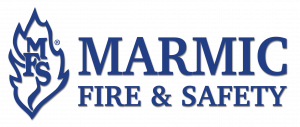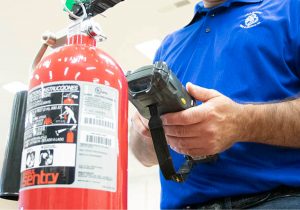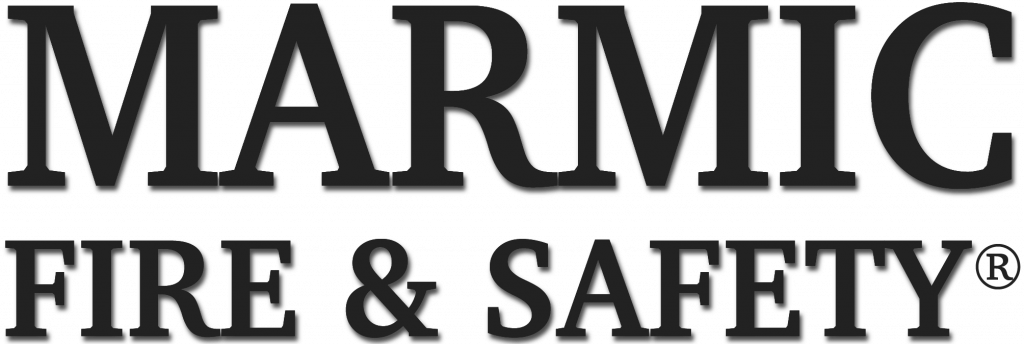How Do I know If I’m Getting Quality Inspections On My Fire Equipment?
Good question.
Unless you’re the safety and maintenance manager of your company you’re probably unfamiliar with the service operations of your fire protection equipment. And that’s okay. But just like getting service on your home’s HVAC system you want to know if you’re getting your money’s worth. With fire protection inspections, the stakes are even higher because life safety is involved.
So, how can you tell if the inspector at your door is a quality one? Here are 5 things to look for the next time your inspection provider stops by your business.
1. Cost. Cheaper is not always better; in fact, it can be hazardous. For example, fire extinguishers with plastic instead of metal components are lower cost but tend to be recalled more often because they corrode faster and damage easily.
The same is true for cheap inspections. Perhaps your warehouse fire extinguisher checked out just fine but its location, behind a stack of crates, prevents quick access during an emergency. A quality inspector should be trained to look for such problems because a fire marshal definitely is. An inspector whose prices are too low and knows it will spend less time and minimal effort inspecting your equipment and its arrangement.
2. Repetitive service calls. Do you have to call your provider for this problem and that problem even after they’ve visited for annual inspections? A quality inspector should have a trained eye for safety hazards, as mentioned earlier, AND be able to fix problems while onsite. In more complicated cases, multiple visits may be necessary but once the issues are dealt with the number of service visits should be infrequent.
3. Clear invoicing. It’s true that most companies have their own lingo or shorthand for the services provided during an inspection; but, shorthand should be clear enough for you to know exactly what you’re paying for. Does your invoice match the completed service and/or inspection report? If it does not, ask your provider to explain your bill.
4. Appropriate service. What required services are performed during inspections depends on the equipment. If a kitchen system is inspected then its fusible links should be replaced. If they were not replaced that could lead to an unintended discharge of the system’s extinguishing agent, a messy and expensive clean up.
5. Appearances. Book covers are never a good indicator of quality, and neither are company uniforms. There are times when an inspector can get roughed up by crawling around attics or backflows. However, that doesn’t mean an inspector can get away with consistently ripped and dirty clothing. A company that takes pride in appearance indicates a company that takes pride in quality service.
Marmic Fire & Safety®


